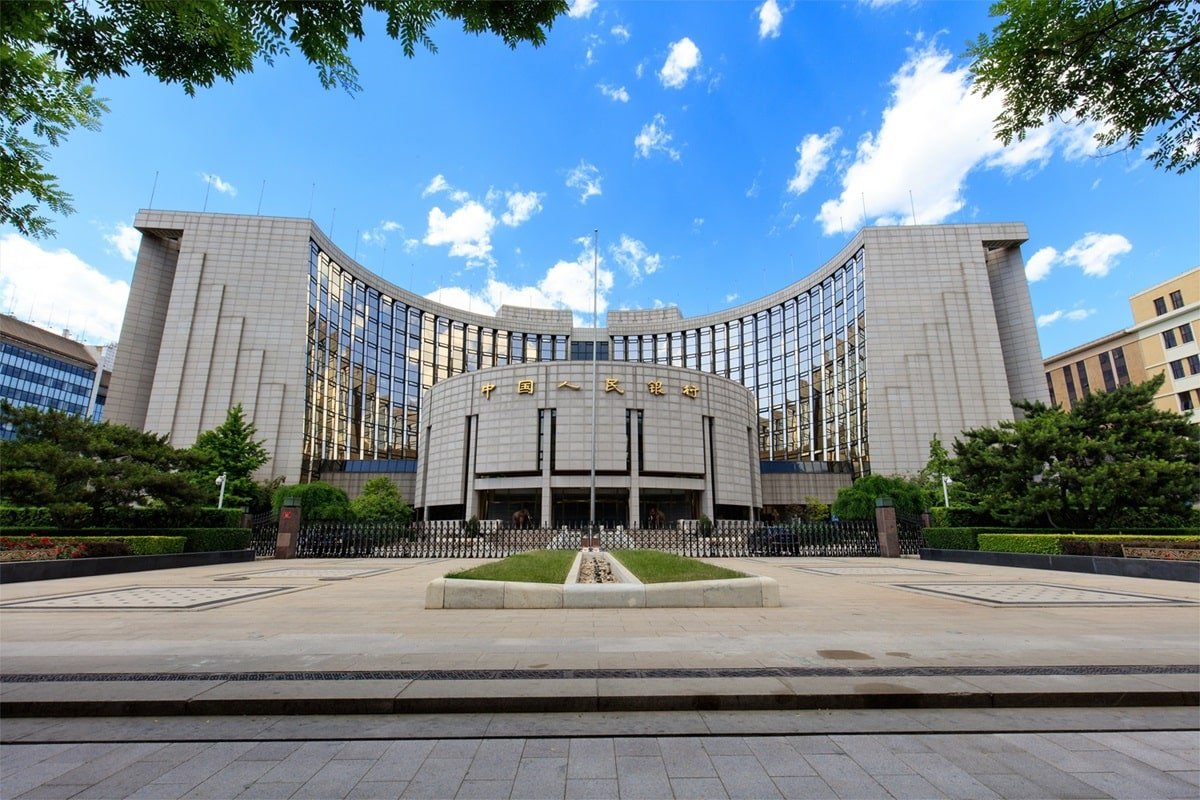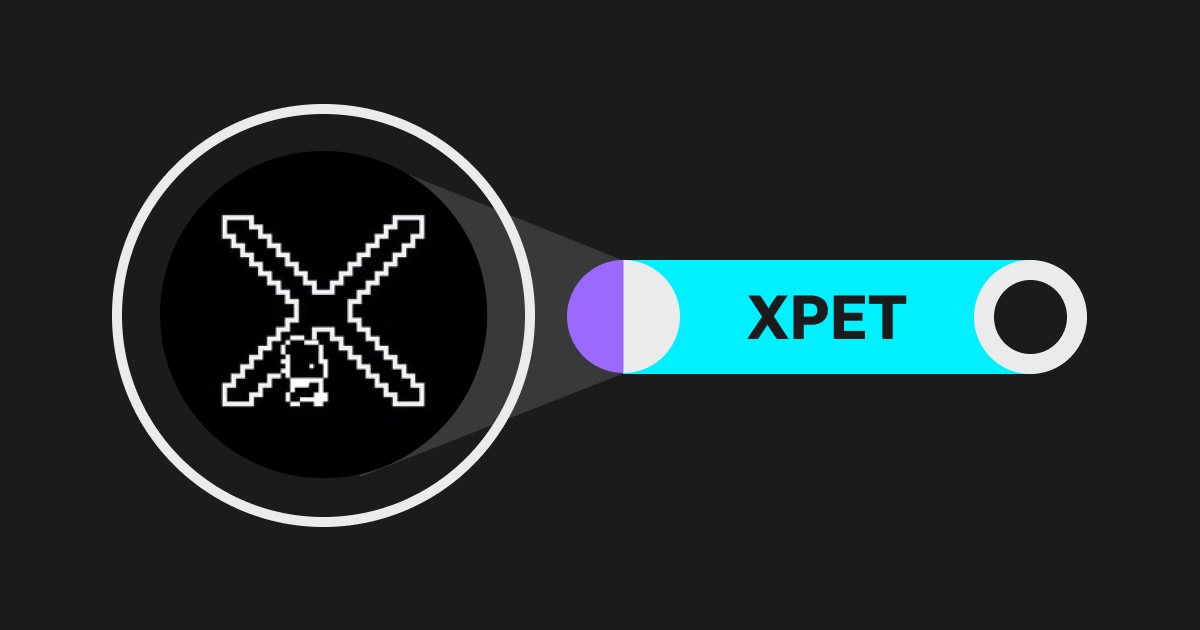China's central bank has called on global financial institutions to regulate digital asset and decentralized finance (DeFi) markets, a key point in its recently released financial stability report.
The People's Bank of China (PBOC) released a report on Dec. 22 highlighting regulatory pathways for local and international financial regulators to develop new rules and policies to protect investors and all stakeholders in the market.
According to the report, virtual assets account for 1 percent of global financial markets and have a limited relationship with traditional finance, a point made by analysts in the pursuit of global stability.
Diversification of financial markets is inevitable
However, some commentators believe that traditional finance will become more exposed to digital assets in the coming years as more products become mainstream in the financial sector. A notable example is the tokenization of physical assets currently led by large financial institutions, which are leveraging blockchain as a technological solution.
In addition, the influx of institutional investors into the market through wealth managers and digital asset funds is an important sign of a strong future collaboration between traditional finance and digital assets.
One of the main drivers guiding traditional financial institution investors in recent times has been the expectation of the U.S. Securities and Exchange Commission (SEC) to approve a spot Bitcoin ETF, which would create a new window for traditional financial funds to flow into the DeFi market in a new kind of cycle.
Blockchain journalist Colin Wu wrote on X (formerly known as Twitter) about the latest report highlighting the fact that for the first time the digital asset market has a separate section.
"For the first time, the People's Bank of China's latest Financial Stability Report has a separate 'crypto-assets' section in a larger space."
Regulatory pressure on global markets
This year, financial regulators have played a leading role in issuing policy frameworks to guide the industry. The report cites the infamous Terra and FTX incidents as the main reason why rules must be established and fully complied with by Web3 to protect users.
To prevent regulatory arbitrage, central banks are advised to work together to create laws that apply to all jurisdictions. Notably, the document emphasizes the principle of "same industry, same risk, same regulation" to reduce fragmentation.
The European Union has taken the lead on regional legislation with the adoption of the Markets in Crypto Assets Act (MiCA) regulation, which introduces market consistency from registration to enforcement.
Other jurisdictions, such as the United States, were urged to follow suit in order to avoid the large number of lawsuits brought by local authorities and the current uncertainty of court regulation, which could undermine investor confidence.
Recently, China's view of cryptocurrencies has been described by most analysts as changing, with a complete ban several years ago now calling for regulators and documenting activity in Hong Kong.
Leave a comment
Your email address will not be published. Required fields are marked *










